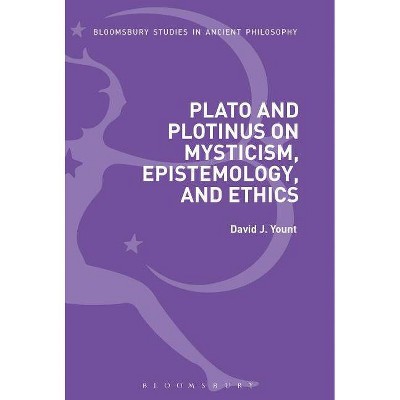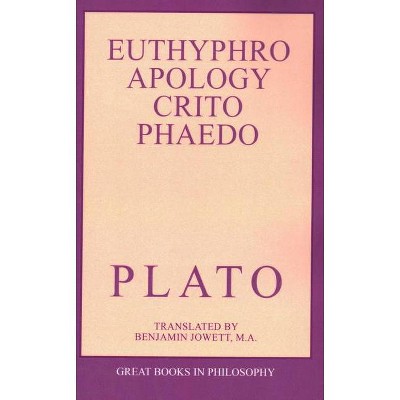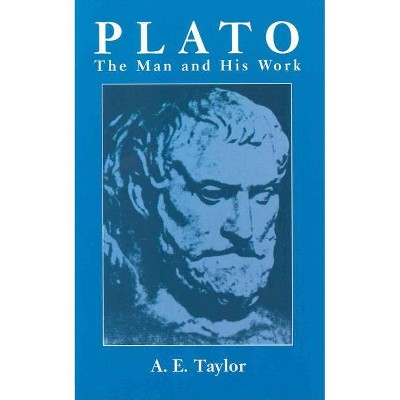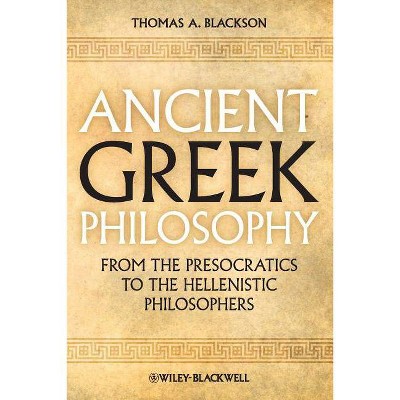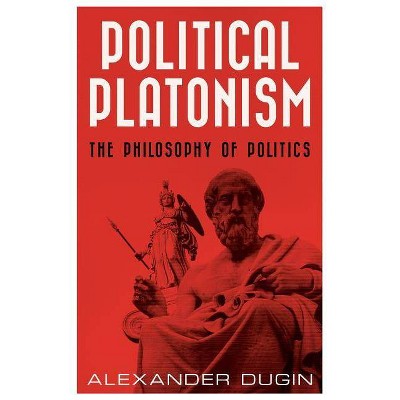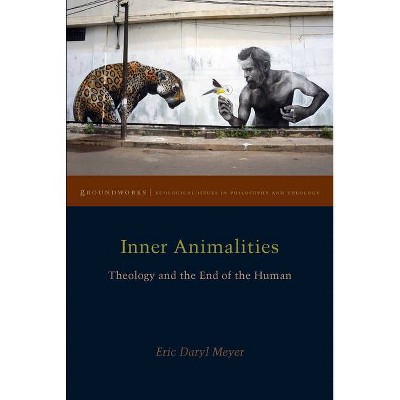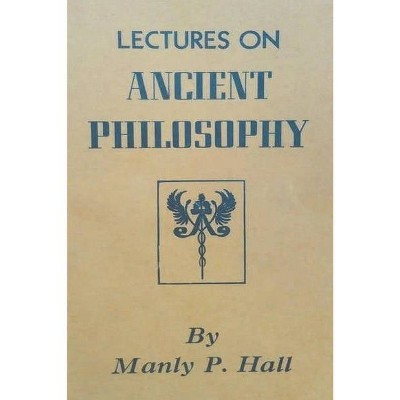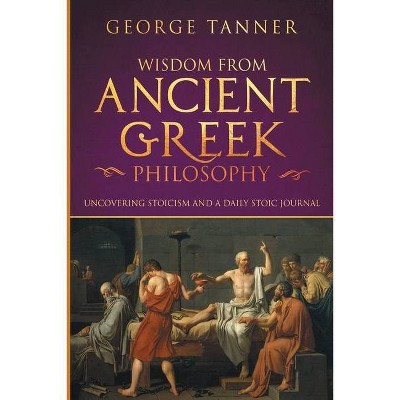Plato and Platonism - (Issues in Ancient Philosophy) by Julius Moravcsik (Paperback)
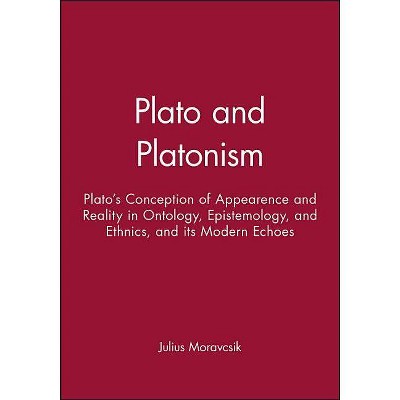
Similar Products
Products of same category from the store
AllProduct info
<p/><br></br><p><b> Book Synopsis </b></p></br></br>Plato and Platonism reviews the natures and limits of Platonic interpretation. Students, academics and researchers will find that Moravcsik's careful and rigorous analysis offers an understanding of what Platonism in our times would have been like. The book leads us to an appreciation of genuine Platonism, rarely discussed today.<p/><br></br><p><b> From the Back Cover </b></p></br></br>This book offers a rich and highly original treatment of Plato's views in the areas of epistemology, ontology, and ethics. Moravcsik rightly encourages us to be open to the idea that the study of Plato is valuable not only for historical reasons, but also based on what it can offer to us in our continuing reflections on pivotal topics such as the nature of human flourishing. Moravcsik's book is essential reading not only for those working in Greek philosophy, but also for anyone who is interested in exploring key approaches to enduring philosophical and human concerns. Susan B. Levin, Smith College. <p><i>Plato and Platonism</i> reviews the nature and limits of Platonic interpretation. The book begins with a discussion of Plato's conception of what a genuine rational discipline (a 'techne') should be. The author shows how the recollection theory of understanding, the Forms as ultimate explanatory factors, and Plato's ethics of the right human ideal, all grow out of conditions that are essential to the genuine 'technai'.</p> <p>Moravcsik goes on to demonstrate how questions about the explanatory power of the Theory of Forms, mainly emerging not from naturalistic or empiricist qualms but from deep reflections on Eleatic doctrines, led to elaboration and modifications in Plato's ontology. The author reveals that the clearest echoes of the basic Platonic explanatory pattern linking elements of reality may be seen in some of the work on the foundations of mathematics and the related concern with the Eleatic challenge, rather than the 'realism' of general analytic philosophy. The author also shows how different Plato's basic ethical questions are from those preoccupying modern philosophy, and what Platonistic ethics might look like today.</p> <p>Students, academics and researchers will find that Moravcsik's careful and rigorous analysis offers an understanding of what Platonism in our times would have been like. The book leads us to an appreciation of genuine Platonism, rarely discussed today.</p><p/><br></br><p><b> Review Quotes </b></p></br></br><br>As a historian, one may like or dislike Moravcsik's conception of Plato's philosophy. Yet, as a philosoper, one cannot but find it provocative. His Plato is not the Platonist of modern ontological debates, but neither is he so removed from our present concerns that he can only be an object of antiquarian interest. It is to be hoped that the Issues in Ancient Philosophy series will continue to publish books which similarly challenge our complacency about the adequacy of the pigeon holes in which we place the ancients. <i> Dirk Baltzly, Mind 104, 1995</i><br><p/><br></br><p><b> About the Author </b></p></br></br><b>Julius Moravcsik</b> was educated at Harvard and Oxford and has been Professor of Philosophy at Stanford University since 1968. He was formerly president of the American Philosophical Association and the Society for Ancient Greek Philosophy, and he is the author of three books and numerous articles on ancient Greek philosophy, philosophy of language, and various aspects of value theory.
Price History
Price Archive shows prices from various stores, lets you see history and find the cheapest. There is no actual sale on the website. For all support, inquiry and suggestion messagescommunication@pricearchive.us
